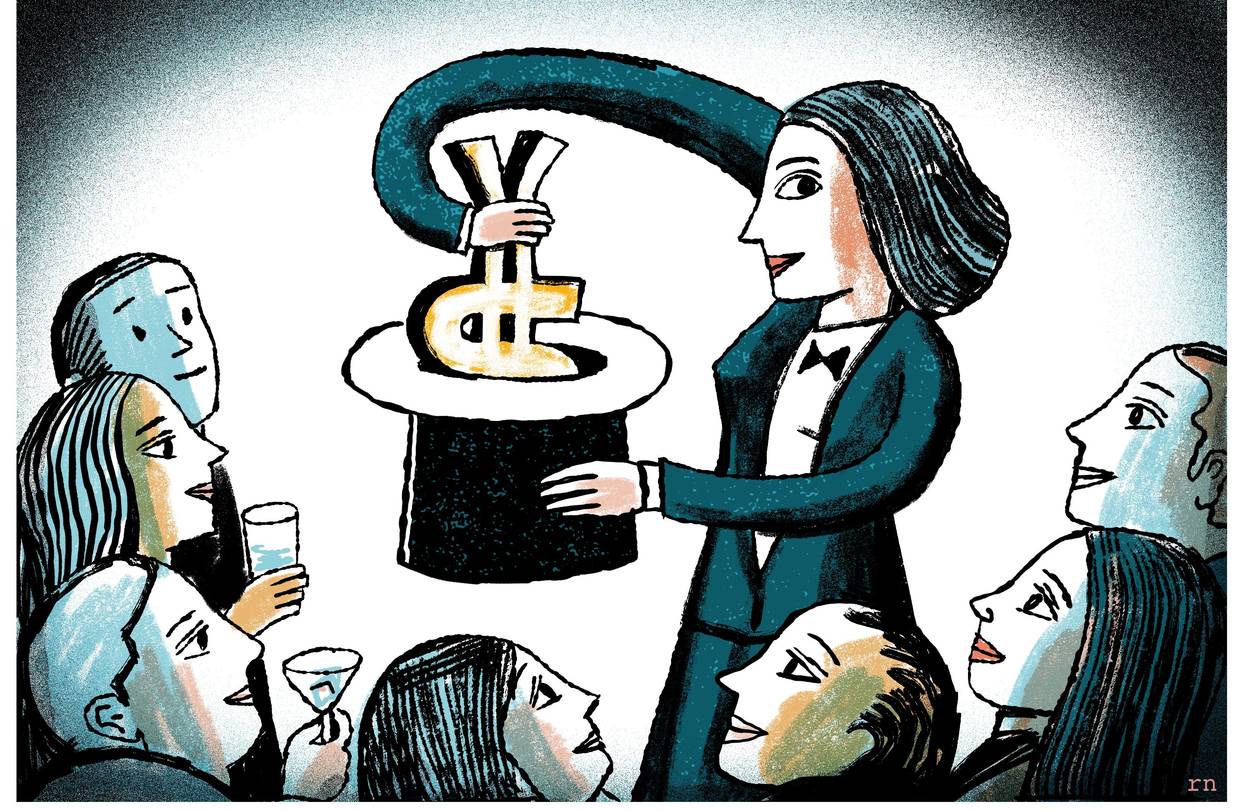
I’m guilty. There, I said it. And, it feels great to confess.
I am among the millions of women, globally and across generations, who fall into a distinct category—highly-educated, affluent married women, widows or divorcees who defer significant financial decisions to their spouses or partners.
Admittedly, the reassuring news is that I’m in excellent company.
A 2019 wealth management survey reveals that nearly 77% of women, from around the world, neglect to take charge of their long-term financial planning decisions.
Furthermore, it turns out that, gender aside, more than two-thirds of living adults worldwide do not grasp fundamental financial concepts, according to a 2017 industry report from the Global Financial Literacy Excellence Center. But I digress.
For me, the answer is embarrassing and emotionally loaded.
Financial planning is scary, intimidating, and well, somewhat dull. I’d rather be gardening, hiking, biking or honestly, just doing anything else.
But, a framed poster in my office reminds me of a valuable life lesson.
It reads, “Feel the Fear and Do It Anyway.”
The simple fact is, women are not only amassing wealth but historically control the purse strings, and the pace of convergence of these simultaneous trends is remarkable.
Millions of women are accumulating vast wealth at an accelerating clip. Why are we not taking charge of our financial futures?
Here’s why.
Lack of confidence, fear, reliance on traditional male/female roles in relationships; or in some circumstances they’re reluctant to deal with male financial advisors who they fear may be condescending or forceful in the sale of their products.
In just a decade, women will hold nearly two-thirds of America’s wealth. Let me repeat that. Two-thirds. Today, according to the Family Wealth Advisors Council, women control 51% or $14 trillion in personal wealth, a figure expected to grow to $22 trillion by 2030. Over the next two generations, women stand to inherit 70% of future wealth.
Compelling statistics, right? That’s not even the most crucial bit.
It’s widely known that women outlive men. According to a 2017 Centers for Disease Control mortality report, American men will live to age 76, while women will live to age 81.
Inescapably, 95% of women will be the primary financial decision-maker at some point in their lives, according to the Family Wealth Advisors Council.
In short, women are becoming more educated, earning more, outliving their spouses and inheriting lots of money. And, based on today’s data around women, money and the future, women will be forced to deal with complicated and intricate financial decisions alone.
A logical and urgent question remains.
Why not do something now and be prepared? We don’t have the luxury of time.
Therefore, to my fellow women comrades, I say, let’s lean in, take control and tackle the financial literacy expanse together.
The first step is to grab your spouse or partner and reach out to someone — we are not alone.
Find a financial advisor. But, not just any financial advisor.
Make sure to seek out a registered investment advisor who holds a fiduciary status. Being a fiduciary means the advisor is required by law to keep your best interests at heart and to place their client’s interests ahead of their own.
My esteemed colleague, Sally Brandon, is a registered investment advisor. She is also a wife and mother and has rich, lived experiences. She has dedicated her career to helping her clients feel financially empowered and secure. You can reach out to her directly at sbrandon@rebalance360.com.
Next, begin reading helpful articles like this one, authored by Christie Whitney, another fantastic colleague of mine. Christie is an active listener who works closely with clients to improve financial literacy around retirement investing. She is a Certified Financial Planner™ who has 15 years of experience in the financial services sector.
Lastly, sign up to the Rebalance newsletter to keep up to date on important financial topics or watch this video to learn how we are fighting on behalf of the everyday investors to make investing safer and more transparent for all.
It is my opinion that the problem around women and financial illiteracy isn’t a problem at all. Rather, it’s a golden opportunity to take command of our financial and economic futures.
As the adage says, money is power. Why not seize it?





